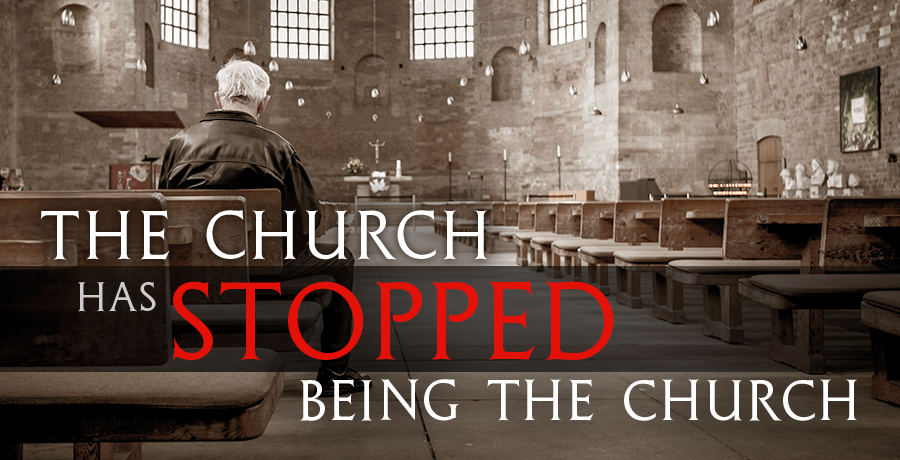In the United States, October 31 means essentially one thing. It’s Halloween. People dress up in costumes, children go trick or treating and the fake cobwebs, carved pumpkins and plastic backyard tombstones will soon be put away until next year.
Halloween might just be the devil’s favorite day of the year as death, demons, zombies and witches are all treated as harmless fun and games. And while the attention is on Halloween, most people are entirely unaware of the important significance of October 31.
On October 31, 1517, a young priest in the German town of Wittenberg made a defiant protest. Fed up with what he saw as the abuses of the church of Rome, Martin Luther nailed a list of 95 statements to the door of the castle church—and in doing so he altered the course of history.
Until this time, the Roman Catholic Church had been the ruling power in much of Europe. The Pope of Rome was the final authority not only in the church but also in society. Kings bent in the direction of the Pope. Those who did not were threatened with being shut out from the church and whole kingdoms were made to fear being placed under “interdict”—religious services could not be held, baptisms were not performed, and the dead could not be buried in a Christian funeral. The message to those under interdict was that heaven was essentially closed to them. Fear reigned as a church with unbridled power used that power with impunity.
One church practice Luther found especially galling was that of the selling of indulgences. For a sum of money people were able to purchase from the church the rescinding of the temporal punishment for sin. Payment of money to the church was said to release souls from Purgatory, and even pardon for sins not yet committed could be purchased. Appalled by this monstrous deception and other errors of his church, Luther eventually came to the place where he separated from the church and led others by his example and teaching to do the same.
Martin Luther originally had no intention of withdrawing from the Roman Catholic Church, but recognizing his faith in the Bible was incompatible with the teachings of his church he became a key figure in the Protestant Reformation. And although they did not agree upon every point of doctrine, Ulrich Zwingli and John Calvin in Switzerland, John Knox in Scotland, Thomas Cranmer and Nicolas Ridley in England, and later John Wesley also in England, all took steps away from the errors of the Roman church and lifted up the Bible as the believer’s rule of faith and practice.
Anyone who values religious liberty should remember the events of October 31, 1517, with thanks to God in their heart. Martin Luther’s short walk along what is now known as the Schlossstrasse was a bold and defiant stand for Bible truth in the face of an extremely powerful church which tried repeatedly to end his life. Many people suffered persecution so that today we could have the freedom to read the Bible and follow it according as our conscience dictates. Worse, thousands and thousands and thousands of people were killed because they chose to follow the leading of the Holy Spirit and reject the teachings of a corrupt church.
499 years later, it would appear the Protestant Reformation is over. Not only are precious few still protesting, but most people are unaware as to what the Protestant Reformation was even about. Where are the Protestants today?
If you hold a Bible in your hand; if you value the freedom you have to worship as you please; if you understand salvation comes by grace through faith in Jesus Christ; if you receive forgiveness from sin through Christ and not a priest or a church, say a prayer of thanks for what other great men and women of faith made possible by their example and their selfless dedication to God.
Forget Halloween.
Happy Reformation Day!









































